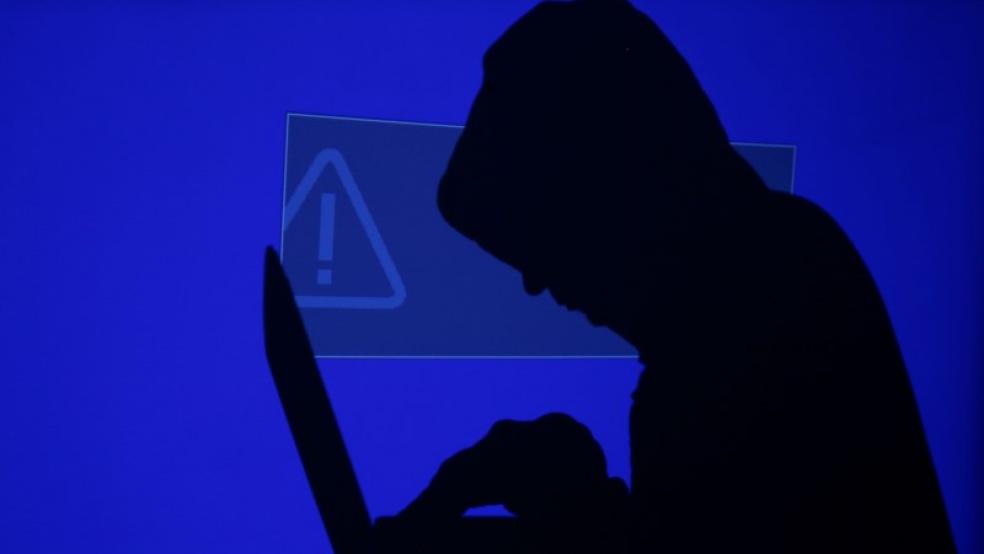In its upcoming budget request for 2024, the Biden administration plans to ask Congress to provide $1.6 billion to clean up the massive fraud in Covid aid programs and to help prevent similar problems in the future.
While the more than $5 trillion in emergency spending Congress authorized in response to the Covid-19 crisis cushioned the economy from the initial shock of the pandemic and helped speed a historically rapid recovery, the relief programs funded by that tidal wave of cash were marred by high levels of fraudulent activity that siphoned off billions of dollars.
In a statement, the White House pinned the blame for the explosion of fraud in the Covid relief programs on a long history of weak controls on government spending, in addition to the need to get the aid out the door as quickly as possible at the time. “Past underinvestment in basic government technology and the crush of demand during the pandemic, combined with ill-considered decisions to take down basic fraud controls at the onset of the pandemic led to a historic degree of outright fraud and identity theft of emergency benefits,” the White House said.
Noting that the relief programs were “essential,” the White House called for “a bipartisan response to punish those who engaged in major and systemic fraud against the American people during a time of national emergency,” as well as an effort to protect government programs from fraud and identity theft in the future.
The use of false identities played a major role in many of the Covid-era scams, which focused on programs that provided aid to unemployed workers and to businesses facing an uncertain future.
According to one estimate, the federal government made at least $191 billion in wasteful payments to people claiming unemployment benefits using fake or stolen identities, a problem that was compounded by outdated technology used at the state level. The business aid programs were rife with fraud, as well, with the undersized Small Business Administration tasked with overseeing the disbursement of roughly $1 trillion as rapidly as possible, which led to billions of dollars in payments to ineligible firms as well as known fraudsters.
Spend to save: Speaking to reporters Thursday, White House American Rescue Plan coordinator Gene Sperling said he hopes that Congress sees the proposed spending as an investment that will more than pay for itself. “It’s just so clear and the evidence is so strong that a dollar smartly spent here will return to the taxpayers, or save, at least $10,” Sperling said, referring to ongoing efforts that have recovered more than $200 million from fraudsters.
The request for funds will be part of the 2024 budget proposal, but the money would be spent over a period of years, Sperling said. The plan calls for spending $600 million on prosecuting those who committed fraud, an effort that would include the creation of 10 new strike forces at the Justice Department. Another $600 million would be used to “invest in better prevention of identity theft and all forms of major fraud involving public benefit programs,” the White House said. And $400 million would go toward providing aid for those who have been victims of identity theft.
Whatever the merits, the prospects for the proposal are poor. Congress rejected a plea last year from the White House to provide the Justice Department with more funds to pursue Covid aid fraud, and House Republicans appear to have no interest in increasing spending of any kind, even if that spending more or less pays for itself while providing stronger protections against fraud in the future, as the White House claims.
Budget
Biden Wants $1.6 Billion to Combat Covid Aid Fraud

Kacper Pempel



